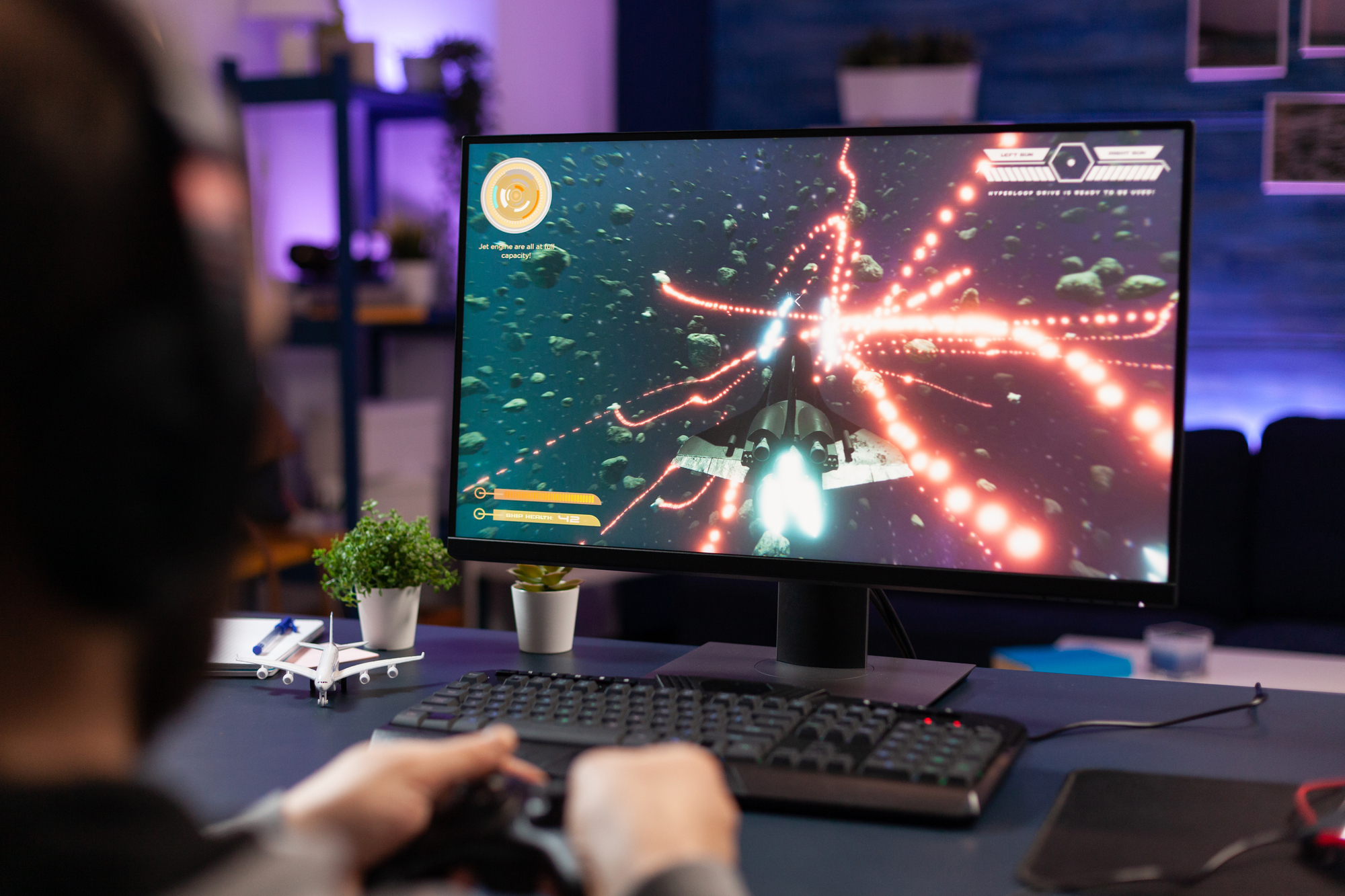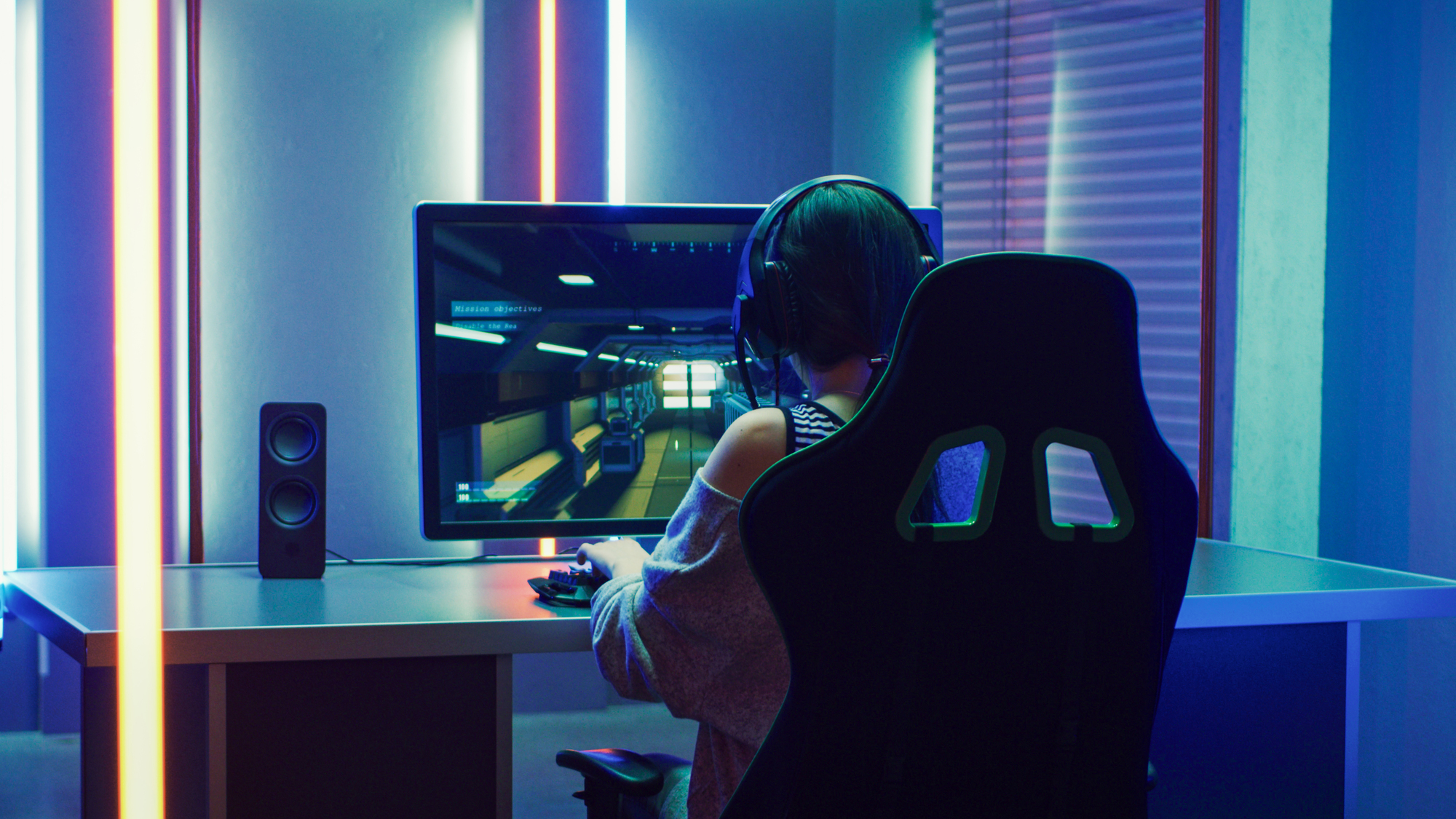Gaming has evolved beyond entertainment, becoming a powerful force for social change. Digital games are now being used to address complex societal issues and promote positive transformations. Games for Change, a movement at the forefront of this shift, supports game creators and social innovators in developing interactive experiences that tackle real-world problems.
These games offer players the opportunity to engage with and explore social issues in immersive environments. By allowing individuals to step into different perspectives and scenarios, they foster empathy and understanding. This approach has proven effective in raising awareness about various causes, from environmental conservation to mental health awareness.
The impact of social change gaming extends beyond individual players. Events like the Games for Change Festival bring together developers, researchers, and activists to showcase innovative projects and discuss the potential of games as tools for social good. As this movement grows, it continues to demonstrate the unique ability of interactive media to educate, inspire, and mobilize communities for positive action.
The Evolution of the Gaming Ecosystem
The gaming ecosystem has transformed from simple electronic experiments to a global cultural force. This shift has expanded gaming’s impact beyond entertainment into areas of social change and education.
Games as Catalysts for Social Change
Video games have grown into powerful tools for addressing real-world issues. Developers create titles that tackle topics like climate change, mental health, and social justice. These games engage players in interactive narratives that spark empathy and action.
Some games simulate complex social systems, allowing players to explore consequences of different choices. Others use storytelling to highlight underrepresented perspectives. By blending entertainment with social messages, these games reach wide audiences and start important conversations.
The Emergence of Social Impact Games
A new category of games focuses explicitly on creating positive change. These “social impact games” are designed with clear goals to educate, raise awareness, or drive specific actions.
Examples include games that teach financial literacy, promote healthy habits, or build cross-cultural understanding. Many are developed in partnership with nonprofits, educational institutions, or government agencies.
Social impact games often incorporate real-world data and expert input. They balance entertainment value with educational objectives. As this field grows, it attracts both indie developers and major studios interested in gaming’s potential for social good.
Understanding the Impact of Gaming
Video games have emerged as powerful tools for education, research, and promoting health. Their influence extends beyond entertainment, offering innovative approaches to learning and well-being.
Video Games in Education and Research
Video games are transforming educational practices. Teachers use game-based learning to engage students in subjects like math, science, and history. These interactive experiences make complex concepts more accessible and memorable. For example, Minecraft: Education Edition allows students to explore historical sites or conduct scientific experiments in a virtual world.
Research institutions leverage video games to study human behavior and cognitive processes. Games provide controlled environments for experiments on decision-making, problem-solving, and social interactions. Scientists analyze player data to gain insights into learning patterns and psychological responses.
Health Benefits and Behavioral Change Through Gaming
Gaming contributes to physical and mental well-being. Active video games, or exergames, promote physical activity and improve fitness levels. Games like Dance Dance Revolution and Wii Fit encourage players to move and exercise while having fun.
Mental health professionals use video games in therapy to treat conditions like anxiety and depression. Games provide safe spaces for patients to confront fears and develop coping strategies. Some games are designed specifically for therapeutic purposes, helping individuals manage stress and improve emotional regulation.
Video games also drive positive behavioral changes. Health-focused games educate players about nutrition, disease prevention, and healthy lifestyle choices. These games empower individuals to take control of their well-being through interactive and engaging experiences.
Key Players and Partnerships
Gaming initiatives for social change involve collaborations between various organizations and individuals. These partnerships aim to harness the power of interactive entertainment to address real-world issues and empower communities.
Collaborations Between NGOs and Gaming Industry
Games for Change (G4C) stands out as a leader in promoting social impact through gaming. The organization partners with game developers, researchers, and humanitarian groups to create innovative projects. G4C hosts an annual festival showcasing games that tackle social issues.
Half the Sky Movement collaborates with game designers to raise awareness about challenges faced by women globally. Their game invites players to engage with stories inspired by real-world experiences, offering virtual-to-real-life solutions provided by non-profit partners.
Educational institutions team up with game studios to develop learning tools that make complex topics more accessible and engaging for students. These partnerships often result in games that teach subjects like history, science, and social studies in interactive ways.
Empowering Communities and Individuals Through Gaming
Social impact games give players agency to explore solutions to pressing problems. Some titles allow users to manage virtual cities, encouraging them to consider environmental and social factors in urban planning.
Games focused on health and wellness partner with medical professionals to create experiences that support patients. These range from pain management tools to rehabilitation exercises disguised as fun activities.
Civic engagement games collaborate with local governments to increase public participation. Players learn about community issues and practice decision-making in simulated environments.
Humanitarian organizations work with developers to create games that raise funds for causes. These titles often feature in-game purchases or achievements tied to real-world donations, connecting virtual actions to tangible aid.
Envisioning the Future of Social Change Gaming
Gaming has become a powerful tool for promoting social change, with new technologies and design approaches expanding its potential impact. The future of social change gaming lies in creating more immersive experiences and reaching wider audiences.
Fostering Empathy and Compassion Through Design
Game designers and activists are developing innovative approaches to build empathy and compassion in players. Virtual reality simulations allow users to experience life from different perspectives, fostering understanding of social issues. Narrative-driven games present complex moral choices, encouraging players to consider the consequences of their actions.
Some games incorporate real-world data to illustrate social problems. Others use role-playing elements to put players in the shoes of marginalized groups. These design techniques aim to create lasting attitudinal and behavioral changes in players.
Expanding Reach: XR for Change and Broader Platforms
Extended reality (XR) technologies are opening new possibilities for social impact games. Augmented reality apps can overlay educational content onto the real world, making learning more interactive and engaging. Meanwhile, virtual reality allows for immersive training simulations on topics like disaster response or conflict resolution.
Social media integration is helping spread the reach of change-oriented games. Many titles now include sharing features that allow players to raise awareness about causes. Some games tie in-game actions to real-world charitable donations.
Mobile platforms are bringing social change games to wider audiences globally. Simple, accessible games on smartphones can educate players on issues like climate change or public health. This expanded reach amplifies the potential of games as tools for social good.












